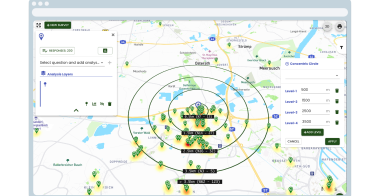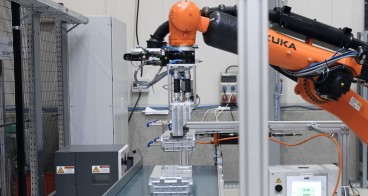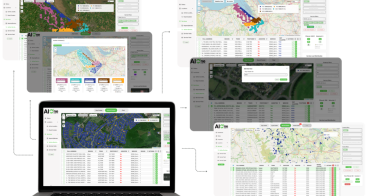Hungary-Szombathely: Sustainable mobility as an alternative
Background
How can we cultivate a culture of sustainable mobility in Szombathely, encouraging people to embrace eco-friendly transportation options like buses, bikes, scooters, or walking instead of relying on cars?
Current Scenario:
Presently, only a small fraction of the population opts for sustainable transportation for their daily commutes to work or school. Public transport constitutes a mere 10% of overall transportation, while car usage remains unusually high compared to other Hungarian cities.
Survey findings indicate that on an average day, people tend to use transportation for distances ranging from 5 to 10 km about 42% of the time, but they encounter various challenges with transportation. The prevailing reasons for choosing cars over eco-friendly alternatives include negative perceptions of 'green' and 'sustainable' options, which are seen as expensive, complex, and unfamiliar to locals. Moreover, the restriction on transporting bikes and scooters on buses, along with difficulties in carrying children and heavy packages such as groceries or work equipment, discourages the adoption of alternative modes of transport. Additionally, lack of awareness about first and last-mile opportunities for sustainable transportation further contributes to the convenience of using cars, which are especially popular among young people. Only a third of the surveyed population seems inclined to consider walking, biking, or public transport as their primary choice for commuting within the city. Furthermore, concerns about the safety of using buses for school trips have led parents to prefer using cars.
Desired Future Situation:
The overarching objective for Szombathely is to enhance the well-being of its citizens by fostering widespread acceptance and usage of sustainable transportation options. This would not only alleviate traffic congestion in the city but also contribute to a positive environmental impact.
In the ideal scenario, citizens would actively participate in the implementation of new sustainable transport services, empowering them to shape the future of mobility in the city.
Expected Outcomes:
- Reduced Traffic Congestion: By encouraging more people to opt for sustainable transportation, we anticipate a significant decrease in traffic jams within the city.
- Increased Usage of Sustainable Transport: As a result of concerted efforts and initiatives, we aim for a noticeable rise in the adoption of eco-friendly transportation options.
- Enhanced Well-being: Embracing sustainable mobility is expected to contribute to happier and healthier citizens, who can benefit from the physical activity associated with walking and biking.
- Improved Safety: Efforts will be made to address safety concerns related to public transport, ensuring a secure and reliable option for commuting.
- Reduced Heat Island Intensity: As more people switch to sustainable transport, we anticipate a positive impact on reducing the urban heat island effect in the city.
- Better Air Quality: With a decline in car usage and an increase in eco-friendly transportation, we aim to improve the air quality in Szombathely, promoting a healthier environment for everyone.
By working together and creating a collective vision for sustainable mobility, we can make Szombathely a model city for eco-friendly transportation and a better quality of life for its residents.
Benefits for Participating Innovative Companies:
- Gain entrepreneurial knowledge and real-life market feedback.
- Develop user experience and product market fit.
- Engage in workshops with city decision-makers and have an impact on regulations.
- Access city traffic databases for testing market fit.
- Opportunity to pitch for a budget to pilot their solutions.
- Possibility of involving business angels for co-funding.
Published on 01 August 2023.






